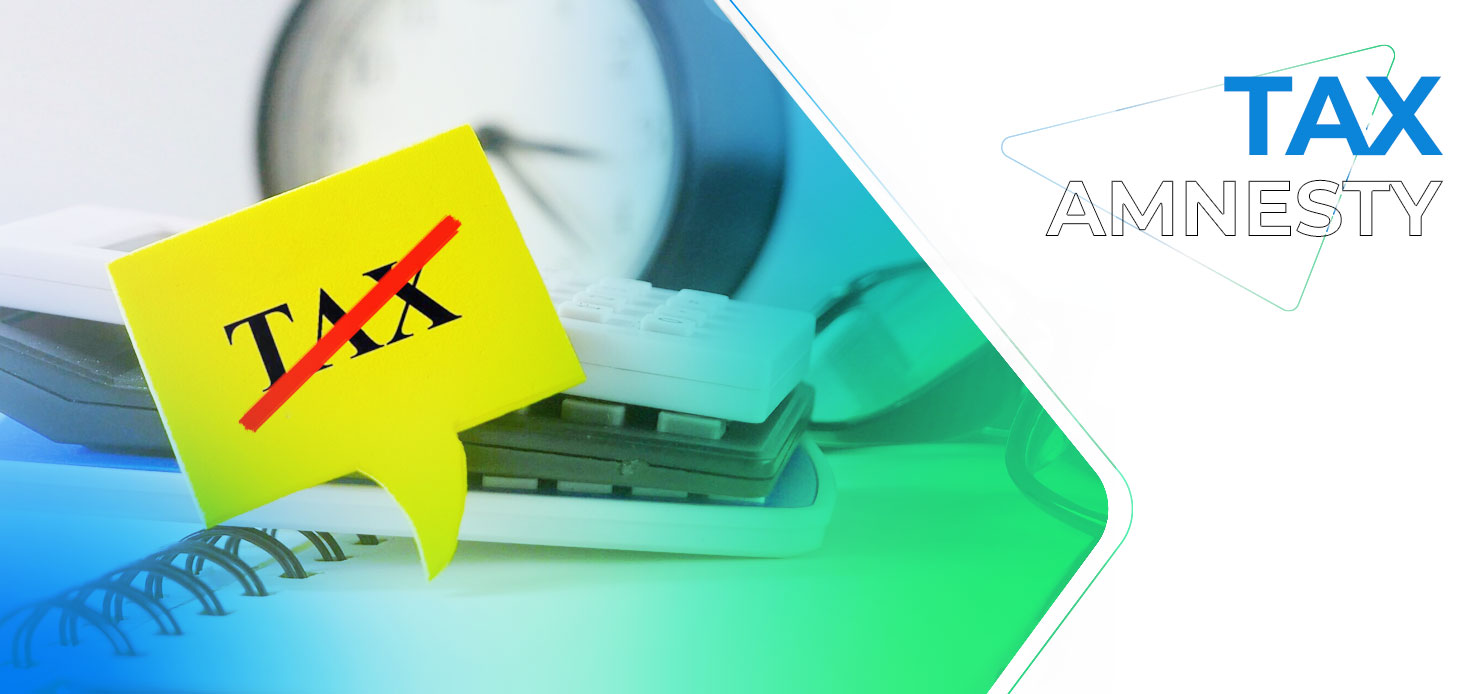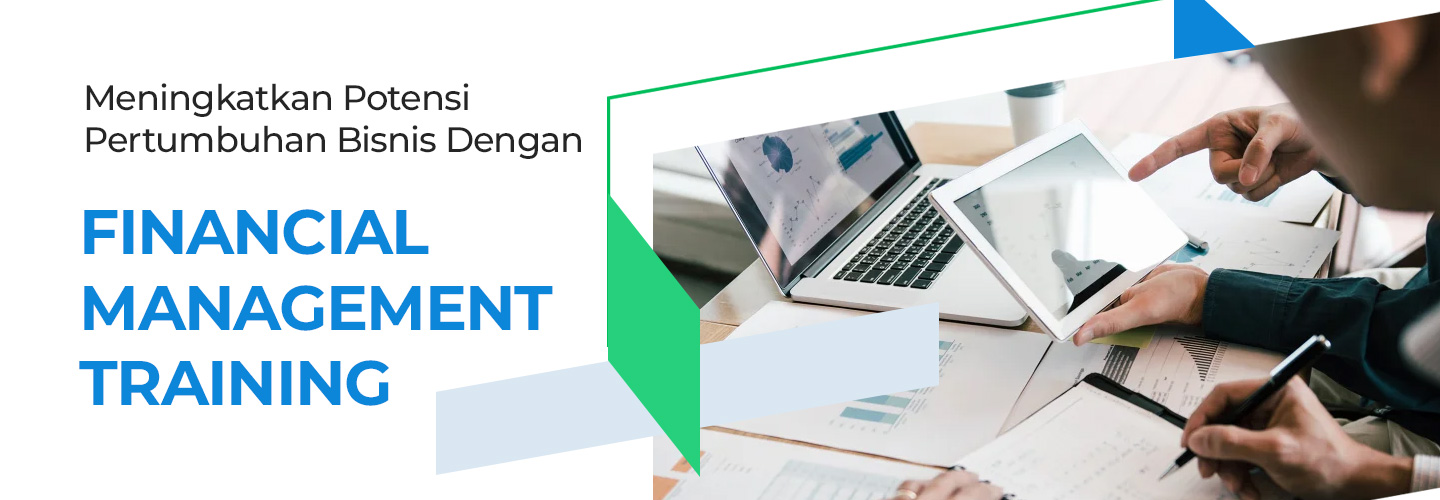
ESG Center
Focus on driving sustainable business, practices through expert consulting, training, advising, assistance, and innovative solutions in Environment, Social, and Governance (ESG).

On March 31 2017, the government officially closed the tax amnesty program. Through this economic policy, the government succeeded in receiving IDR 130 trillion obtained from asset declarations and repatriation. Following this success, in July 2021 the government again implemented Volume 2 of the Tax Amnesty program.
Reporting from the website of the Directorate General of Taxes, Ministry of Finance of the Republic of Indonesia, the term tax amnesty can be understood as the elimination of taxes that should be owed. This tax amnesty eliminates administrative sanctions, including interest and late fines related to previous tax periods that were not reported without any criminal sanctions. Thus, taxpayers only need to reveal their assets and pay the ransom in accordance with the mechanism regulated in the Law on Tax Amnesty.
Then, who are the parties included in the tax amnesty subjects? Subject Taxpayers (WP) who are Individuals or Business Entities with the obligation to submit SPT (Annual Tax Return) can participate in the tax amnesty. The tax obligations included include Income Tax, Value Added Tax and Sales Tax on Luxury Goods. There are certain conditions that prevent taxpayers from participating in this program, including the following.
After knowing briefly the definition and who can be involved in tax amnesty, next we will discuss the purpose of this policy. In general, the following are the objectives of holding a tax amnesty.
The following are the requirements that must be met to be able to participate in the tax amnesty program:
1. Have a NPWP;
2. Paying ransom;
3. Have reported the Annual Income Tax Return for the Last Tax Year
4. Pay off all arrears;
5. Withdrawing the application:
6. Make a statement letter to transfer and invest the price into the territory of the Republic of Indonesia (especially for repatriation).
If you have met the criteria for being a tax amnesty subject based on the previous explanation, then you can learn how tax amnesty works:
To be able to report your tax obligations, you can go directly to the nearest KPP in your city. This reporting system will require confidential data collection, so it can only be carried out by taxpayers themselves and cannot be represented by anyone else, even a tax consultant. If it is not possible to come in person, now it is easy to report taxes online via the application provided by the Director General of Taxes.
Next, you can submit a statement of assets to the tax officer. Make sure you have calculated asset depreciation correctly to avoid overpayment. Apart from that, you will also be asked to complete a number of other requirements before this application is processed.
Your reporting file will be processed in approximately 10 (ten) working days. After that, you will get a Tax Amnesty Certificate.
Are you or your company participating in this program? Or do you still not really understand what is meant by tax amnesty? For this reason, understand the discussion regarding the tax amnesty policy issued by the Ministry of Finance of the Republic of Indonesia and fulfill your tax obligations.




INSIGHT AND KNOWLEDGE
RECOMMENDATION ARTICLES